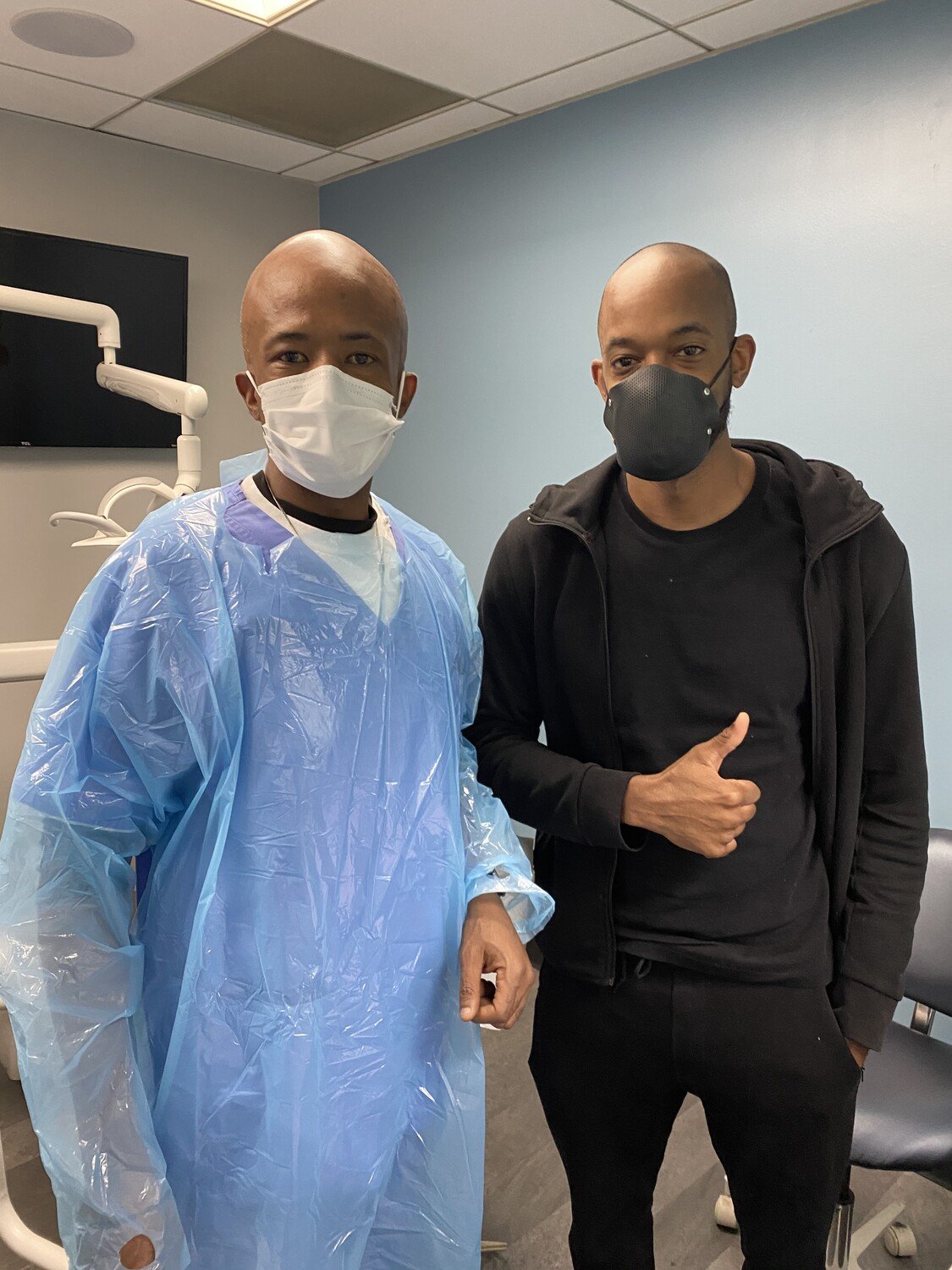Lessons Unlearned
This is adapted from a speech I delivered to the Netflix Animation Studio on Thursday, December 17th, 2020.
When I was first asked if I might have an end of year thought, I thought I’d maybe get some inspiration from a book, or an article I’d read.
Instead, it came from a visit to the dentist, and it’s the last thing I should talk publicly about.
Before I tell you what happened, let me set the stage.
About two weeks ago, I saw a video of this guy Destin Sandlin unlearning how to ride a bike on his YouTube show called Smarter Every Day. The bike was rigged with reverse steering -- a turn to the right would make the bike go left, and vice versa. Long story short, it was incredibly hard for Destin to learn how to ride it, despite knowing what he needed to do to do so.
We can have the knowledge to do something but not the understanding. Knowledge does not equal understanding. Simple enough concept. Hold onto that while I tell you what happened.
Saturday morning, I go in for a routine tightening of my braces. When I get to the office and I sit in the chair, the dental assistants come in and introduce themselves; A Latinx woman whose name I don’t remember and a black man named Joe. In all my 38 years, I have never seen a Black male dental assistant. I have seen a few men of other ethnicities, but never a Black male.
So I listen as I normally do as the other dental assistant explains to Joe what needs to happen based on my chart. He had a very casual posture and tone and seemed a little tentative. Then she left.
And here is where it gets real for me...
Like I said, I never saw a Black Male dental Assistant, but I am familiar with Black men. My barber is a Black man. I’ve had Black men as doctors and teachers. My dad is Black. This Black man however was out of place for me and he was about to put his hands in my mouth. I’m at the dentist. That’s what happens at the dentist. It’s not a surprise but this unexpected Black man was triggering biases that I didn’t realize applied... and to him of all people. I mean… I am a Black man after all. What am I doing?!?!
I started feeling really aware that this was happening. A little nervous actually. Until this moment, I never thought about the person. This wasn’t the first time a new face showed up, but this was different and as I was trying to process it all and as I started to get excited, Joe asked me if I was here to get a bracket repaired and all of a sudden the bubble burst and I immediately started to doubt if Joe was qualified to be all by himself... because I had gotten my bracket repaired the last visit, 4 weeks ago. I began to think, “Am I Joe’s first patient? He must be a trainee! That explains why he was a little tentative… he’s new and they set this dude up to fail… on me! Clearly, if he were experienced, he wouldn’t make such a rookie mistake.”
Then I had a flashback to a story that Vernā Myers, our head of Inclusion Strategy, told about meeting a black female doctor on the elevator and making the assumption she was a nurse. I heard Verna’s voice say “Remember your training” and thought, “are you sure Joe is a trainee” and “maybe the chart was written funny”. So I started to think about how I could seek to understand more about Joe and his training without holding him responsible for my biases; without casting my doubt verbally, for whatever that’s worth
I asked him how long he’d been at the office since this was my first time seeing him after two years of visits. He said today was his first day and I thought “ah-ha, I wasn’t wrong” but I kept the rouse going. I asked him where he was from and where he was working before and he told me he’d been all around LA because he’s actually a traveling dental assistant and has been doing this work for the last 14 years.
I was wrong.
He wasn’t a trainee.
He was unfamiliar with this office and their system, but they didn’t leave me alone with someone who didn’t know what they were doing. Why would that make any sense? It should have been clear to me by his manner. He was not obtrusive in my mouth. He asked clarifying questions of me and the doctor instead of making assumptions. He even would stop messing with my teeth when he’d ask me a question so I can actually answer unlike every other dental professional in the history of the profession. He was doing all the right things. He also seemed to understand, almost intuitively, that I might be having an experience, and he worked like a professional to reduce the awkwardness. To be clear, my bias told me where a Black man could and could not exist -- and even where his hands should be -- and those biases prevented me from being able to have what should have been an otherwise benign moment pass without a strong glare. None of this could have been controlled by Joe.
I decided to ask Joe a question. I set it up by first saying “can I ask you a question that maybe I’m not supposed to” or something a little less creepy than that. He said yes and so I asked him if anyone has ever told him he’s the first Black male dental assistant they’d met... and he sort of chuckled. He responded and said, “No. no one has ever laid it flat out like that and asked. I’ve gotten the look or that reassurance like ‘So good to see you...see us”, but never just had someone ask”. I shared with him that I was experiencing this for the first time and I was very conscious of this being different and so much of what was muscle memory became a conscious effort. I couldn’t help but be highly aware of everything that was happening at that moment. I also told him how glad I was to be having the experience because I needed something to talk about for this Town Hal to which I am now delivering this speech. I shared how I’d been on his side of the encounter before. He told me how important it is to see black patients and be reassuring to them and I concurred. We bonded. I didn’t tell him it was weird or that it felt like it violated some rule that neither of us set or would ever have agreed to. I’m actually still a little embarrassed about that.
I asked Joe if I could take a picture so that I had proof when I tell this story. He enthusiastically agreed.
Joe and I snapped a picture after our conversation to memorialize the occasion
I don’t usually do that… for one thing, I don’t listen to that voice that says “ask this stranger a slightly uncomfortable question”... for another, I don’t ask “Can we take a picture,” not even with friends. The receptionist and the doctor came in about this time and overheard us awkwardly trying to take a selfie and offered to take the picture, and then asked if we’d known each other to which we both said ‘nope’. They probably asked because despite the awkwardness of the selfie attempt which was likely because of wearing masks, we had a familiarity with which we’d spoken to one another. I proceeded to tell them everything that had happened in the last 20 minutes and they were shocked to hear it and it never occurred to them that I might have never seen a Black male dental assistant. After they listened intently they said thank you and I started leaving and overheard Joe expressing to the doctor how important it is to have more representation in the office and it felt good to see that happen organically.
Why is this my End of Year thought and what does this have to do with unlearning how to ride a bike? I think it’s because 2020 in many ways has been an unlearning. So much of what we thought we knew and understood got fitted with a new set of handlebars. Every aspect of our lives has been flipped upside down and we can’t seem to make it but a few steps without it all just wobbling out of control. Inclusion was a big focus for Netflix, this country, and in many parts of the world this year. Our views on what passes as a diverse workforce have and should continue to evolve. But knowing that a workforce should be more diverse doesn’t mean that I understand how to eliminate the disbelief I have by default. If you’d ask me if I want Black men and every other underrepresented group that historically lacked access to have it, I would say “of course”. If you asked me if I thought there were scores of highly qualified people out there today across every field I would shout “yes”...but in the face of it, my brain defaulted. This isn’t to imply that everyone has my bias, but everyone has a bias. Where do my biases cause me to hesitate or doubt? Who are other Joe’s and what haven’t I asked to explore my bias? What else am I unlearning? Ask yourself these questions.
This unlearning thing is uncomfortable. Destin struggled with unlearning to ride a bike to re-learn it a different way. When you watch him do it, you’d like to think, knowing the way the bike was rigged, that you’d be able to figure it out. If the bike we all learned how to ride is the same one that keeps Joe, other Black men, or anyone out of certain places, even if only within our mind, then swapping the handlebars might feel something like Saturday did for me (Repeat that if it helps). I often feel like one of those people who says “I can do it” but I’m sharing this so that you know, I wobbled -- and am wobbling. We are in this work together and we all have some unlearning to do.
Spoiler alert: After 8 months of persistence, Destin learns how to ride the bike with the backward handlebars and completely unlearns how to ride a bike the conventional way. It is so fun to watch. At the dentist on Saturday, I wobbled my way through experiencing Joe, a Black man as a dental assistant as opposed to the conventional experience of him not occupying this space. It’s funny: I think about how many times I’ve been Joe. I’ve had people walk into my office to meet me and then ask if I’m me, likely thinking this young Black man could not be qualified enough to be this person they are meeting. I have even come to assume that that’s how people will immediately react to me so I tend to overcorrect as much as I can by learning as much about the thing I’m trying to do so that within seconds, I can dispel that perceived myth in someone's mind. We don’t ever talk about it. No one ever talks about it. No one has told me that they felt that way; I didn’t tell Joe. And with all that knowledge I failed miserably at suspending my bias. I’ve been riding this bike one way and my knowledge of trying to do this different does not equal understanding. This period of unlearning and reprogramming is painful. I’m not certain we will unlearn everything but I have hope that we will persist through the pain.
I so desperately want to unlearn this and other biases I have. I want to have different expectations. I want to see more possibilities than limitations. I want us to be free. As I reflect and make sense of 2020, I think of it as the beginning of the collective unlearning and I hope we have started to unlearn the systems and behaviors that have led to so much inequality and injustice and the limitations that prevent us from success. But in the meantime, if you see us wobbling around, just give a reassuring smile and make sure we don’t fall because everyone’s doing it.
I hope that by sharing this, it makes it easier for all of us to do the work. I can’t stand that I have these biases but I don’t think I can approach this work aggressively and appropriately if I’m not completely honest and transparent. Let’s get to wobbling!
After giving this speech, I reached out to Joe and shared it with him. His response: “Aaron that was really nice to read. I actually shared it with the Doctor I’m helping out today and he was like that cool also. I didn’t know the caliber of our meeting until this morning when I read it. I’m flattered to have been your first experience and hope to have the same effect on many more. Thanks for sharing bro it made my morning and day today. Thank you again.”



